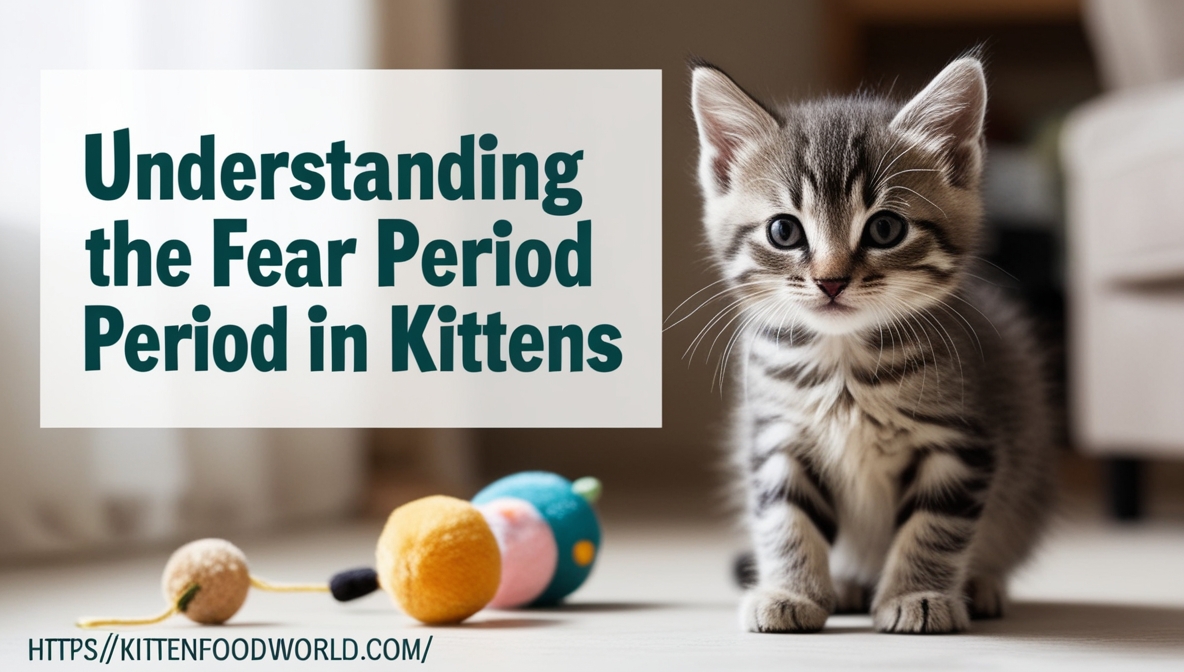Kittens are delightful little creatures, but their development includes various stages that can be challenging for both them and their owners. One of the most significant stages is the fear period, an essential time when kittens learn about their environment and develop their personalities. Understanding this phase is crucial for providing the right support to help them grow into confident adult cats.
What is the Fear Period?
The fear period generally occurs between 2 and 9 weeks of age. During this time, kittens become more aware of their surroundings and may start to exhibit fearful behaviors. This phase is a natural part of their development, allowing them to recognize potential threats and learn how to navigate their world.
Signs of Fear
Kittens may show several signs of fear, including:
- Hiding: Fearful kittens often seek refuge in small spaces or under furniture where they feel safe.
- Vocalizations: Hissing, growling, or even yowling can indicate a kitten is feeling threatened.
- Body Language: Signs such as crouching, a tucked tail, or raised fur can signal fearfulness.
- Withdrawal: Some kittens may become less social, avoiding interaction with people or other pets.
Duration of the Fear Period
The fear period can last several weeks, with the most intense reactions typically occurring between 3 and 7 weeks of age. Individual kittens may experience this phase differently, depending on factors like genetics, temperament, and early socialization experiences.
Helping Your Kitten Through the Fear Period
- Socialization: Gradually expose your kitten to new environments, people, and experiences. Positive interactions will help them build confidence.
- Provide Safe Spaces: Create cozy hideaways where your kitten can retreat when feeling scared. This gives them a sense of security.
- Use Positive Reinforcement: Encourage exploration by rewarding your kitten with treats and praise when they engage with new experiences.
- Gentle Handling: Allow your kitten to approach new situations at their own pace. Forcing them into uncomfortable scenarios can exacerbate their fears.
- Establish a Routine: A consistent daily routine helps your kitten feel secure and reduces anxiety.
- Be Patient and Understanding: Remember that this phase is temporary. Your patience and empathy will help your kitten learn to cope with their fears.
Conclusion
The fear period is a crucial stage in a kitten's development that requires understanding and support from their owners. By recognizing the signs of fear and providing a nurturing environment, you can help your kitten navigate this challenging time. With proper socialization and encouragement, your kitten will grow into a confident and well-adjusted adult cat, ready to explore the world with curiosity and comfort.
